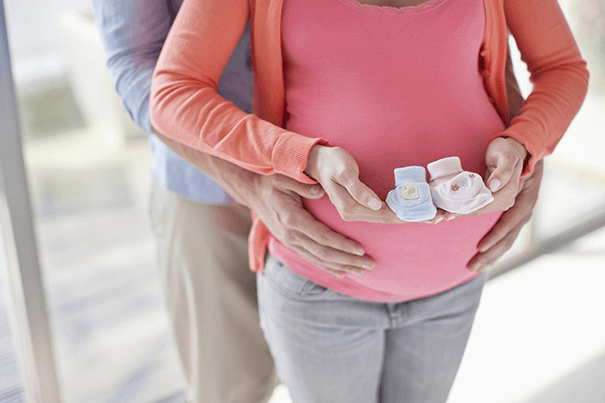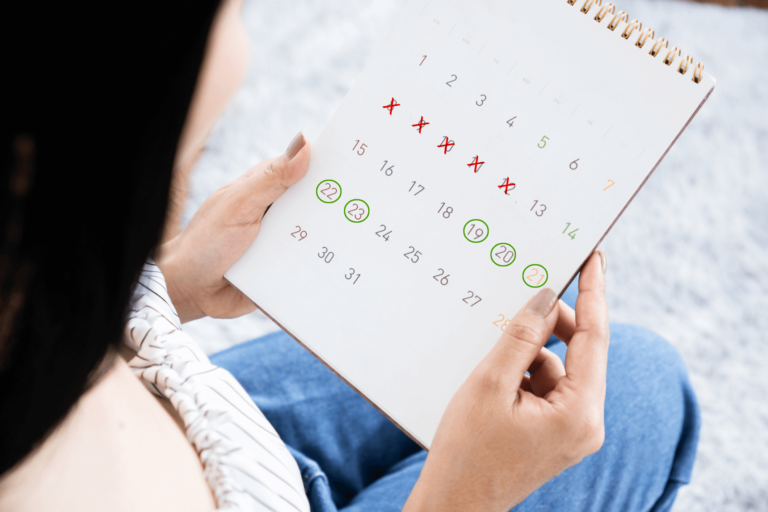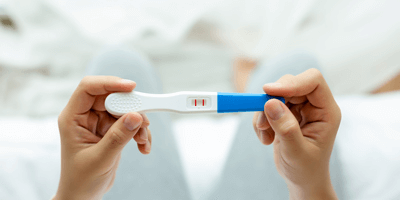How to Get Pregnant Fast: Tips for Trying to Conceive

Get Pregnant Fast
Eager to see that positive test result? These expert tips can help you on your path to parenthood.

Image credit: MART PRODUCTION
Introduction
Once you’ve made the significant decision to start a family, waiting can be challenging. Thankfully, you can start planning immediately. Achieving pregnancy quickly involves more than just timing intercourse correctly; it’s about creating the ideal environment for a healthy embryo to grow. While there’s no guarantee, several steps can enhance your chances of conceiving. If you’re wondering how to get pregnant fast, read on for expert advice on everything from tracking ovulation to dietary changes.
Tips to Get Pregnant Fast
Following these expert-recommended steps can help you conceive faster:
Track Your Ovulation
Knowing when you’re ovulating is crucial for maximizing your chances of conception. Here are some ways to monitor your ovulation:
Understand Ovulation Basics: Understanding the ovulation process and timing is essential. Contrary to popular belief, ovulation doesn’t always occur on the 14th day of a 28-day cycle. Menstrual cycles vary, typically ranging from 24 to 35 days. Ovulation usually happens 11 to 21 days after the first day of your last period, depending on the length of your cycle. It’s vital to remember that your period will typically occur 12 to 14 days after ovulation.
Use an Ovulation Calculator: An ovulation or fertility calculator can help determine your cycle length and identify your most fertile days. Record the first day of your period for several months to detect patterns. Your fertility peaks during the five days leading up to ovulation and the 24 hours following it. Tools like The Bump ovulation calculator can help you identify the best days for conception.
Recognize Ovulation Symptoms: Monitoring your body for ovulation symptoms can help you identify your fertile window. Common signs include light spotting, breast tenderness, bloating, increased sex drive, changes in cervical firmness and position, and heightened senses of taste, sight, or smell.
Boost Your Odds with an Ovulation Kit: Ovulation predictor kits measure luteinizing hormone (LH) levels in your urine, which surge 24 to 48 hours before ovulation. For accurate results, test at the same time each day and avoid drinking or urinating two hours before testing. These kits can signal when you’re about to ovulate, helping you time intercourse effectively. Keep in mind that certain conditions, like PCOS, can affect the accuracy of these tests.
Chart Your Basal Body Temperature: Your basal body temperature (BBT) rises slightly during ovulation. Use a BBT thermometer to measure your temperature each morning before getting out of bed. Track your BBT over several months to identify patterns. A sustained rise in BBT for three or more days indicates ovulation. This method helps you understand your fertility patterns, allowing you to plan intercourse a few days before the anticipated BBT rise.
Stop Taking Birth Control
Discontinuing birth control is a crucial step in trying to conceive:
Barrier Methods: If you use barrier methods like condoms, simply stop using them to increase your chances of pregnancy.
Non-Hormonal IUDs: Fertility returns immediately after removing a non-hormonal intrauterine device (IUD).
Hormonal Birth Control: If you’ve been using hormonal birth control, such as the pill or vaginal rings, it may take a few weeks for your body to regulate and ovulate. Cycles may be irregular or absent initially, but typically, your cycle should normalize within six to eight weeks. If your period hasn’t resumed after eight to ten weeks, consult a doctor to explore underlying issues.
Additional Tips for Conception
Maintain a Healthy Diet: Eating a balanced diet rich in fruits, vegetables, whole grains, and lean proteins can improve your overall health and fertility. Avoid processed foods and excessive sugar.
Manage Stress: High stress levels can negatively impact fertility. Practice stress-reducing activities like yoga, meditation, or spending time in nature.
Stay Hydrated: Drinking plenty of water supports overall health and maintains cervical mucus consistency, aiding sperm movement.
Exercise Regularly: Regular moderate exercise can improve fertility, but avoid excessive physical activity, which can disrupt ovulation.
Get Sufficient Sleep: Aim for 7-9 hours of sleep per night to support hormonal balance and overall health.
Avoid Alcohol and Smoking: Both alcohol and smoking can reduce fertility and harm a developing fetus. Eliminating these habits can increase your chances of conceiving and having a healthy pregnancy.
Consult a Healthcare Provider: Schedule a preconception appointment to discuss your health, fertility, and any concerns. Your doctor can provide personalized advice and recommend any necessary supplements, such as folic acid, to support a healthy pregnancy.
Conclusion
While there’s no guaranteed way to get pregnant quickly, understanding your ovulation cycle, maintaining a healthy lifestyle, and consulting with a healthcare provider can significantly improve your chances. By following these expert tips, you can create the best possible environment for conception and embark on your journey to parenthood with confidence.






